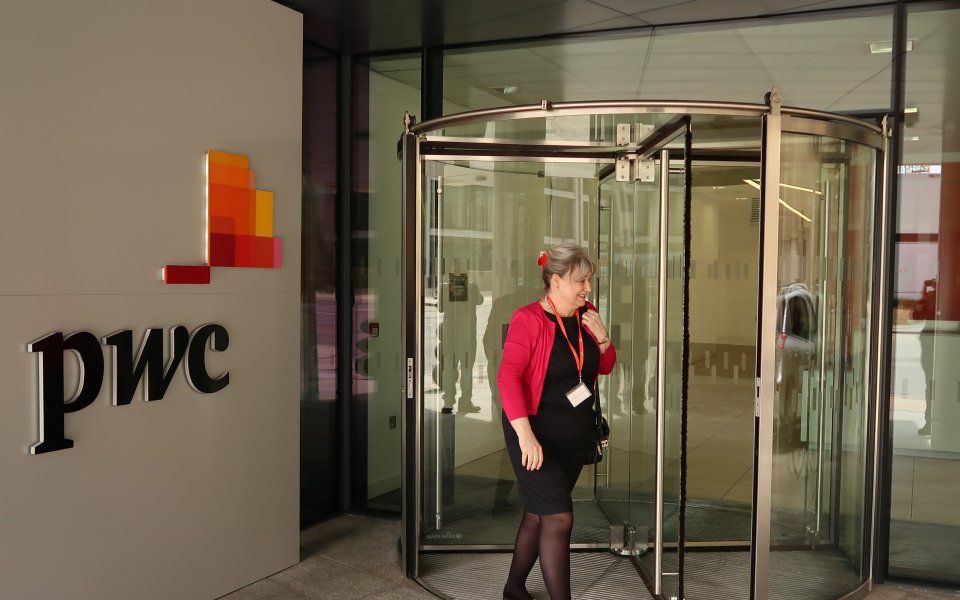New PwC recruits to set their own hours under flexible working scheme

Accounting giant PwC has scrapped the traditional nine-to-five week in favour of flexible hours for certain roles.
Applicants to the Flexible Talent Network will be able to choose a working pattern that suits them in a bid to attract more diverse talent that may have previously dismissed the firm.
Employees will be appointed to projects based on their skills and chosen hours, which could range from shorter days to only working a few months a year.
Read more: Checking emails on the daily commute 'should count as work'
Research carried out by the firm showed that 46 per cent of 2000 workers surveyed believed balanced and flexible working was the most important factor when choosing a job.
PwC chief people officer Laura Hinton said: "People assume that to work at a big firm they need to follow traditional working patterns – we want to make it clear that this isn’t the case.
"In order to recruit the best people, we recognise that we need to offer greater flexibility, different working options and a route back in for those looking to restart their careers."
The company is also recruiting the next intake for its Back to Business return to work internship programme for senior professionals.
Similarly, KPMG introduced a Return to Audit scheme in May to aid those rejoining the workforce after taking time out, and it is considering rolling it out into other areas of the business.
The scheme offers a range of working hours and an in-built six week holiday as leave to coincide with the end of the school year.
KPMG Head of People Anna Purchas said: "To get anyone who has left the profession for a while back up to speed there is an initial month of full time training, and with a second month of training and work shadowing until they are fully comfortable.
"That launched in May and we’ve had a huge number of applications already, so we are now in the process of rolling it out more widely across the business.”
Read more: Britons' income from work surged in August as low unemployment made a mark